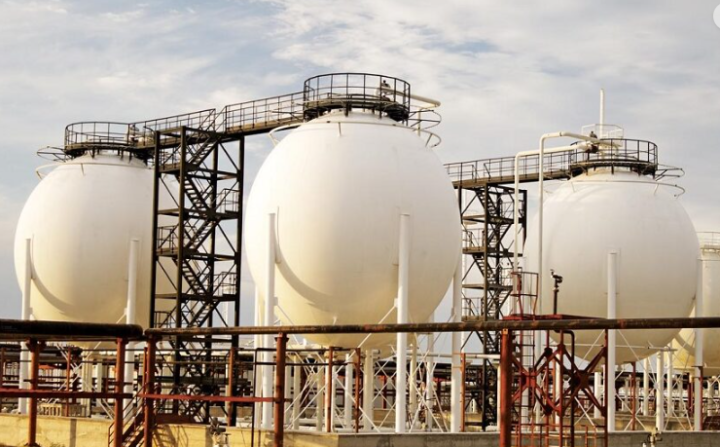Infostride News reports that Riverside LNG, a prominent Nigerian energy company, is currently engaged in discussions exploring the possibility of a significant gas supply agreement with South Africa, with plans for implementation starting in the first quarter of 2024. This potential agreement is poised to be a groundbreaking development, establishing a notable collaboration in the energy sector between the two nations.
Earlier this year, Riverside LNG successfully entered into a gas-export partnership agreement with Johannes Schuetze Energy Import AG of Germany. In an exclusive interview held in Abuja, CEO David Ige expressed the company’s proactive approach in seeking new business opportunities across the African continent. This recent venture with South Africa signifies Riverside LNG’s commitment to expanding its footprint and playing a key role in the evolving gas market within the region.
Nigeria, home to the largest gas reserves in Africa, positions Riverside LNG as a significant player in the continent’s energy landscape. David Ige outlined the company’s strategic goals for the upcoming year, stating, “We’d probably very early in the year close out another segment of the market, an off-take for South Africa. There’s a massively evolving gas market in the region, anything around 3,000 nautical miles of Nigeria. So that covers southern Africa, western Africa, all to northwest Europe and to the Caribbean and South America broadly.”

Despite the promising developments, Ige maintained discretion regarding specific details of the ongoing discussions with South African counterparts, citing confidentiality clauses. Moreover, Riverside LNG is actively exploring potential opportunities in other African countries, including Liberia and Cameroon, showcasing their commitment to fostering partnerships across the continent.
In a broader context, the energy landscape in South Africa presents unique challenges, particularly with persistent power shortages. The country’s aging and inadequately maintained power stations, managed by financially troubled state utility Eskom Holdings SOC Ltd., are struggling to meet the increasing demand for electricity. Efforts to secure additional power from private providers face obstacles, including delays due to grid constraints and legal disputes.
Adding to the complexity, South Africa currently lacks the infrastructure to receive liquefied natural gas (LNG). Riverside LNG’s deliveries, scheduled to commence in 2027, offer a strategic window for the development of import terminal infrastructure in South Africa. David Ige emphasized this point, stating, “Deliveries from the project won’t start until 2027, so there’s enough time for import terminal infrastructure.”
South Africa heavily relies on coal for 80% of its electricity production, but with limited probable investments in the coal sector, there is a discernible shift towards renewable energy sources. The country aims to achieve 60 gigawatts of power from renewables by 2030, aligning with global efforts to transition towards cleaner energy alternatives.
In a regional context, the Southern African Development Community (SADC), comprising 16 member states, has endorsed a $17 billion plan for natural gas infrastructure. This ambitious initiative seeks to enhance energy provisions in the region by approving investments in pipelines and terminals for both local and imported gas supplies. David Ige highlighted the potential for Nigeria to play a pivotal role as a trading hub in this evolving landscape, stating, “A lot of those countries are looking to go gas. We see a huge opportunity for Nigeria in being a trading hub.”
As Riverside LNG continues to navigate these complex energy dynamics, the potential gas supply agreement with South Africa represents not only a significant business milestone for the company but also a testament to the growing importance of cross-border collaborations in addressing the energy needs of the African continent. The evolving energy landscape, coupled with the commitment of companies like Riverside LNG, holds the promise of a more sustainable and interconnected future for the region.
Support InfoStride News' Credible Journalism: Only credible journalism can guarantee a fair, accountable and transparent society, including democracy and government. It involves a lot of efforts and money. We need your support. Click here to Donate
